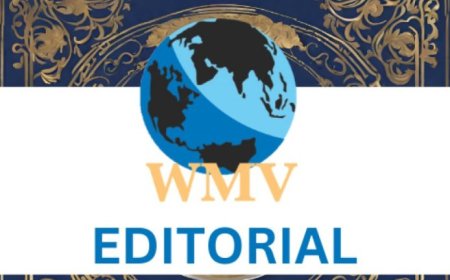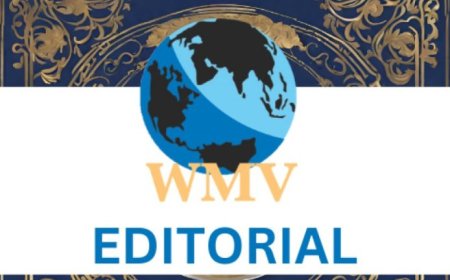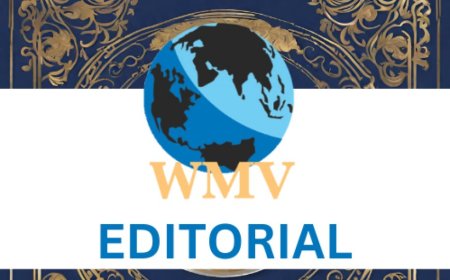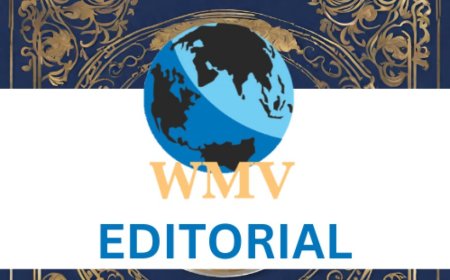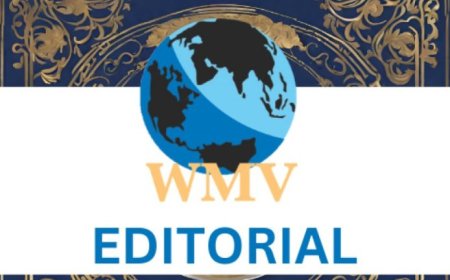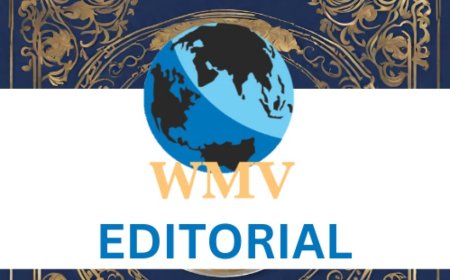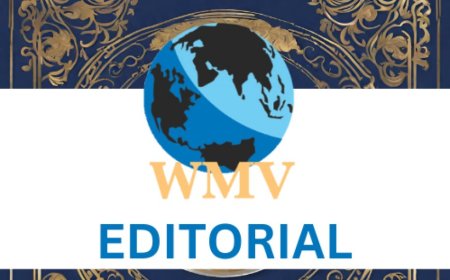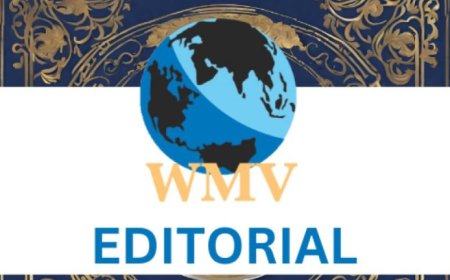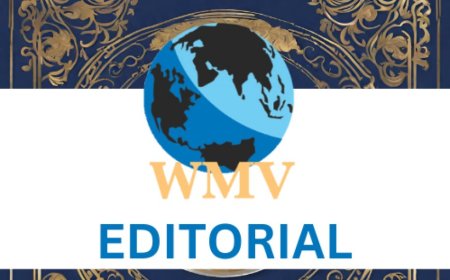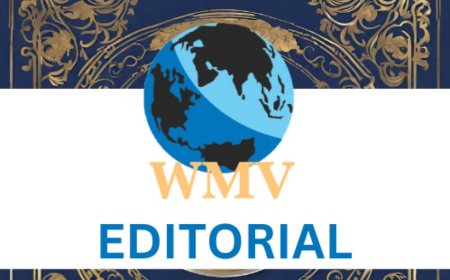UAE scraps minimum salary rule for loans

THE UAE has removed the Dh5,000 minimum salary requirement that defined personal-loan approvals for years. Banks will now set their own eligibility criteria, supported by strict lending caps and repayments routed through the Wage Protection System (WPS). For consumers, this means broader access but also more responsibility.
Banks are expected to introduce micro-loans, WPS-linked credit lines and low-ticket products aimed at workers who previously fell outside the system.
“With the Central Bank removing the Dh5,000 minimum salary requirement, more people become eligible, and banks are likely to offer micro-loans or entry-level credit products to tap into this newly opened segment,” said Faizan Mandavia, Founder and Group CEO of FAM Group.
He advised residents to look closely at the effective interest rate, processing fees, salary-routing requirements and the 48-month cap on personal-loan tenures. “The effective interest rate gives the genuine cost,” he said, stressing that borrowers must review total repayment, not only the advertised rate.
This aligns with expectations across the market. Lenders must now take on more risk, said Vijay Valecha, Chief Investment Officer at Century Financial, which means low-income applicants “should expect higher-than-normal interest rates or stricter verification.”
However, WPS-based automatic deductions reduce default risk, limiting how much pricing can rise. Regulatory guardrails also remain unchanged: loan amounts cannot exceed 20 times monthly salary, instalments cannot exceed 50% of income, and repayment terms are capped at 48 months.
What happens if you lose your job?
For borrowers who rely on WPS-linked repayments, job changes can disrupt instalments. Mandavia said borrowers must be proactive: “If your salary stops, automatic deductions stop. You’ll need to negotiate a new repayment plan with the bank.”
A change of employer requires immediate coordination with the lender to ensure salary routing remains acceptable. Failure to do so can lead to missed instalments and penalties.
Maintaining communication with the bank and asking about restructuring options is essential. Job loss is not automatically grounds for payment relief unless the borrower formally requests it.
A lifeline for low-income workers
The removal of the salary floor is expected to bring those earning under Dh5,000 into the formal financial system.
Valecha noted that the shift “represents a significant change in credit accessibility for low-income residents, particularly labourers, part-time staff, and young workers entering the UAE job market.”
This allows workers to build a credit history they previously could not access. Safer alternatives to informal lenders will expand, including regulated BNPL options, emergency credit and WPS-linked overdrafts designed specifically for low-income earners.
But increased access also increases household-debt risk. Valecha warned that early warning signs include “monthly repayments approaching 30–50% of income, relying on short-term credit rollovers, and using cash advances to meet repayment deadlines.”
Experts warned that the biggest financial mistake low-income earners can make is assuming approval means affordability. “For someone earning under AED 5,000, the biggest mistake is borrowing without a clear understanding of long-term affordability,” Valecha said. With small incomes, even modest instalments can squeeze essential expenses, increasing the risk of missed payments and penalties.
Mandavia echoed the message, saying, “Don’t borrow just because you can. Assess whether it’s truly needed. Understand the total cost, not just interest.”
Residents must also prepare for job instability and understand the importance of maintaining an emergency buffer.
Risk assessment will now dig deeper
With no salary threshold, lenders will rely heavily on credit scoring, employment stability and employer reputation.
Valecha said banks will now place more weight on the Al Etihad Credit Bureau score, income consistency and the strength of the employer. “These considerations, along with debt-burden limits, will help banks determine a borrower’s overall risk profile.”
Despite wider access, underwriting is expected to become more granular, not more lenient.
The policy opens the door for millions of UAE residents to join the formal credit system. It creates room for financial mobility, especially for low-income households, young employees and first-time earners.
But experts agree that access to credit does not guarantee affordability.
The opportunity is real, but so are the risks. In a more flexible lending environment, financial awareness becomes the most important safeguard.










































































